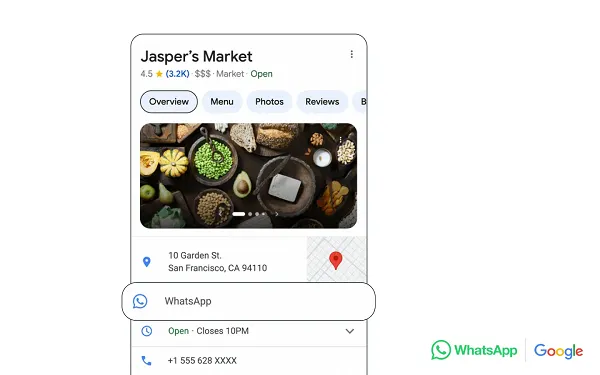Subway ranks worst among restaurants in online reputation
Chick-fil-A takes the top spot in a report ranking customer reviews and how chains respond to them.

When it comes to online reputations, fast food and fast-casual chains have some work to do, especially in responding to customer feedback.
According to new research by SOCi Inc., a marketing software company for multi-location enterprises, the average online reputation score for 25 of the nation’s largest restaurant chains was 45 out of 100 possible points.
Subway ranked last with a score of 18, while Chick-fil-A secured the top slot with a reputation score of 66.
Each reputation score was calculated based on five parameters: the rate of new reviews, the average number of reviews per location, if reviews were positive or negative, how quickly companies responded and the average score a company receives on each platform across all locations. In total, SOCi analyzed over 100 signals measuring online performance and engagement, including reviews, questions, and rankings across online listings for thousands of restaurant locations.
Recent news: What Gen Z wants from brand social media
The top five also included Five Guys (57), Dairy Queen (56), Sonic (54) and Chipotle (52). The bottom-ranked brands that came in above Subway included Little Caesars (33), Domino's (32), Cinnabon (24) and Baskin-Robbins (19).
Subway’s last-place ranking comes as the chain is reportedly close to being sold to Roark Capital Group, according to The Wall Street Journal, though another potential buyer could swoop in. Roark’s restaurant portfolio also includes chains such as Auntie Annie’s, Arby’s, Baskin-Robbins, Cinnabon, Jimmy John’s and Sonic.
The report also found that burger-focused chains scored better than pizza chains. McDonald’s (49), Arby’s (48), Wendy’s (39), and Burger King (38) had an average score of 43.5, just below the overall average of 45 for all restaurants. On the pizza side, Pizza Hut (46) outperformed other pizza chains but still ranked lower than top burger chains. Little Caesars (33) and Domino’s (32) came in near the bottom. The average reputation score for pizza chains was 37, which is noticeably lower than the overall average.
A common thread among low-scoring chains was ghosting, where the companies ignored online feedback, reviews or customer questions. Being ignored decreased consumer trust, led to fewer food purchases and weakened customer loyalty. SOCi estimates that ghosting costs chains in the U.S. approximately $14.07 billion in lost value annually.
Watch: Purpose marketing hits and misses
“In the digital age where consumers are more empowered and vocal than ever, brands can't afford to ignore online feedback,” said Monica Ho, chief marketing officer at SOCi. “A proactive approach to online reputation management is not just good PR and marketing; it's a business necessity. Addressing customer feedback, both positive and negative, is essential to foster trust, drive engagement, and maintain a competitive edge in the market.”
Ho advised brands to have a response plan in place. Starting at the corporate level, there should be clear rules on how to respond to reviews so that there is consistency in tone and messaging. But that requires establishing the proper infrastructure to respond. This could mean having a person or team in charge of local online reviews, be it a store manager, a social media team, or an agency partner.
Ho also pointed out that AI could be helpful in surfacing reviews based on urgency or sentiment, or generate automated, yet personalized, responses. “These generated responses still require human oversight, but clearly can increase your brand’s review response rate,” Ho said. “This not only enhances customer loyalty but also streamlines the process, making it more efficient.”
More news: How major agencies are using artificial intelligence

 ShanonG
ShanonG 
































.jpg)